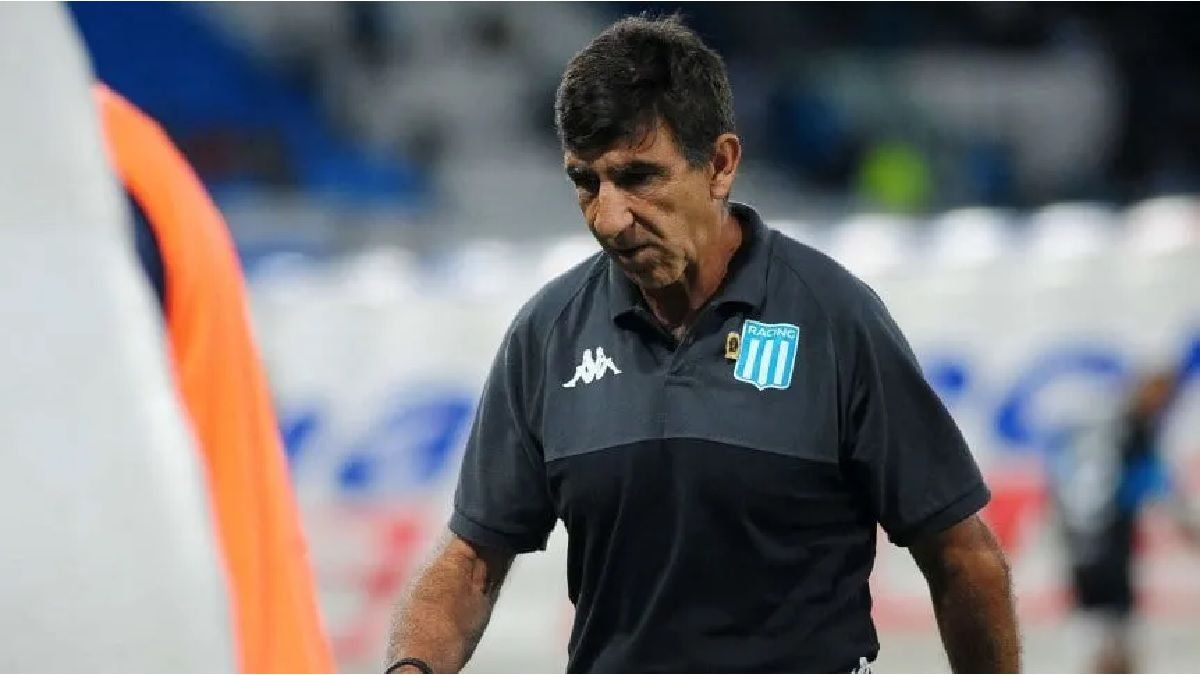A 24-hour Austria-wide railway strike is imminent on Monday. Employers’ and workers’ representatives blamed each other for this. Only buses and municipal transport companies run, but no regional, long-distance or night trains or S-Bahn. New appointments will probably not be found before Tuesday. ÖBB boss Andreas Matthä criticized the vida for the “wanton strike”.


After the failed negotiations, the vida union criticized the fact that the employers’ side of the Chamber of Commerce had recently only increased their original offer of plus 200 euros (and one-off payment of 1,000 euros) by 8 euros. “Eight euros do not avert a warning strike,” vida chief negotiator Gerhard Tauchner was quoted as saying in a broadcast. Employers, on the other hand, said they increased their offer from an increase of 8 percent to an increase of 8.44 percent. They blamed the union for staging a strike following a script.
“The responsibility for this warning strike, for the effects on commuters and for the economic damage lies exclusively with the Chamber of Commerce. If it had moved in the last two months and negotiated seriously, we would have reached a deal a long time ago,” said Tauchner .


The employers accused the workers of further increasing their claim, which Tauchner denied to the APA. Employer’s chief negotiator, Thomas Scheiber, asked why vida’s lower salary settlements are “celebrated” in other sectors, but why there is a strike at the railways. “With their unrealistic demands, the union is taking the entire industry and its customers hostage,” says Scheiber. “We have moved in every direction and recently put an offer on the table that is higher than all KV degrees this year in all other sectors,” emphasized the employer representative.


Infrastructure Minister Günther Steinkellner (FPÖ) reacted soberly: “I am disappointed that the negotiators could not reach a compromise. Numerous commuters, students and people dependent on public transport will be affected.” Tomorrow there will only be losers.
Your opinion matters:
As long as there were still 40-hour jobs on the railways, such as on the night train, where colleagues would only receive a net starting salary of 1,356 euros per month, there would still be a lot of catching up to do in the collective agreement, said Tauchner. “We continue to demand a monthly fixed amount of 400 euros on KV and actual wages, because this supports low and middle incomes in particular in times of ongoing record inflation of now 11 percent (October, note),” affirms Tauchner.
When asked by APA, the trade unionist said how and when talks would continue, where the situation seemed particularly difficult: “We offered that the experts sit down again on Tuesday and see what we can do. After that we quickly set new dates as a goal.” That was not fixed for the time being, said Tauchner. When asked, the responsible chamber of commerce trade association announced that a “plenary assembly/extended committee meeting” would be invited on Tuesday afternoon to inform the members and advise on how to proceed. There will be no new appointment proposals to the union before the meeting.
According to Tauchner, no claim was increased, as the employers are now showing. It was only about how the 400-euro requirement could be designed exactly. The one-time payment offered by the employer plays a role here.
On Sunday, ÖBB regretted the non-agreement of the social partners. Therefore, all train traffic in Austria will come to a standstill on Monday, 00:00 to 24:00. “I have absolutely no understanding of this strike,” ÖBB boss Matthä openly criticized the vida union in a statement. “With 8.44 percent, the employer side made the highest offer of all sectors,” he affirmed. “It’s clearly a wanton strike by the union. It pains me that our passengers are being affected.” Like the negotiators on both sides, Matthä apologized to the passengers concerned. “ÖBB will do everything possible to restart operations as quickly as possible.”
According to her, the union’s demand would have meant an average increase in actual and collective wages of around 12 percent. The employers spoke of a good 13 percent, which meant the union demand. In the lower salary classes it is almost a quarter more.
You can find out about outages here
If there is a strike, all rail traffic in Austria will come to a standstill on Monday, ÖBB warned on Saturday. They asked passengers to postpone non-essential journeys or to choose alternative travel options. There may be cancellations of the Nightjet and EuroNight connections from Sunday evening or until Tuesday morning. The railway will provide details of restrictions, delays or cancellations oebb.at/strikethe ÖBB social media channels (here is the facebook page), as well as in the Timetable information SCOTTY announce. According to Scheiber, all railway companies are trying to inform passengers as best they can and to replace the tickets or keep them valid.
Post buses are not affected by the strike. This also applies to municipal transport companies such as the underground in Vienna. However, the S-Bahn, which will not run during the strike, is also particularly important for commuter traffic to and in Vienna. Failures here recently due to a works meeting in the course of the KV dispute have already led to the displeasure of some passengers.
Westbahn “shaken”
The mostly private Westbahn – whose owner is 49.9 percent owned by the Haselsteiner Familien-Privatstiftung, 32.7 percent by the Swiss August Holding AG and 17.40 percent by the French state railways SNCF – was “shocked that the strike could not be avoided became”. She used the events to make a demand: “A fundamental prerequisite for avoiding such intolerable situations in the future is the unbundling of infrastructure and passenger transport.”
The infrastructure – which in Austria belongs to the state ÖBB and is used by the Westbahn – must remain in state hands. However, it must be possible to continue operations for passengers, even if the social partners negotiate hard: “By means of infrastructure provision by a state authority, independently of the ÖBB, situations like those that train passengers will have to prepare for tomorrow can be avoided in the future be,” said Posch and the other Westbahn manager Florian Kazalek on Sunday in a broadcast. Sweden have shown how it works, in Germany there is a discussion about it.
The union said that there was a great willingness to go on strike in all companies, including Westbahn employees. The Westbahn presents the situation in their company as if they would drive if they could use the infrastructure.
Source: Nachrichten




